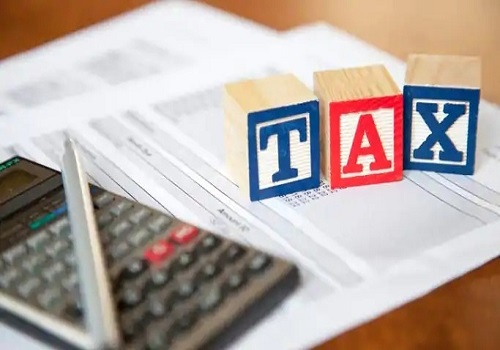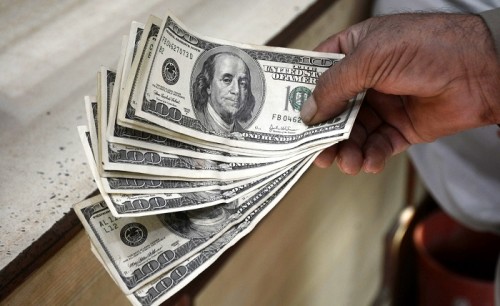Markets likely to make gap-up start on first day of FY22
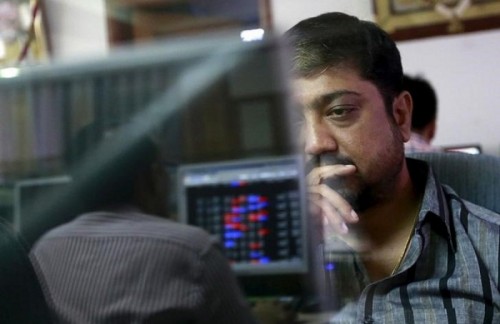
Follow us Now on Telegram ! Get daily 10 - 12 important updates on Business, Finance and Investment. Join our Telegram Channel
Indian markets ended the final session of the financial year 2020-21 (FY21) a percent lower dragged by banking, financial and IT stocks. Today, the start of fiscal year 2021-22 (FY22) is likely to be firm with gap-up opening tracking gains in global markets. Traders will be taking encouragement with Reserve Bank data showing that India's current account deficit narrowed to $1.7 billion or 0.2 per cent of the GDP in the December quarter as against $2.6 billion or 0.4 per cent of GDP in the year-ago period. Some support will come as the foreign portfolio investors (FPI) have pumped in more than Rs 2.75 lakh crore ($37 billion) in the Indian equity market during FY2020-2021. This is the highest ever investment by foreign investors into Indian equities in the last two decades. Traders may take note of report that the central government's fiscal deficit at the end of February worked out to be 76 per cent of the revised estimate, indicating that it is likely to remain within the projections made by Finance Minister Nirmala Sitharaman last month. Meanwhile, the government has extended the existing foreign trade policy (FTP) for six more months up to September 30 this year due to the Covid-19 pandemic, according to a notification. FTP provides guidelines for enhancing exports to push economic growth and create jobs. However, there may be some concern as India has recorded a massive surge in the number of Covid-19 cases. In the last 24 hours, the country registered 72,182 cases. With the latest addition, the country's tally has soared to 12,220,669, Worldometer showed this morning. With active cases hitting 585,215, India is now the 5th-worst hit country. The death toll from the deadly infection jumped to 162,960. There may be some cautiousness with report that the combined output of the eight core sector industries fell at the fastest pace in 6-months, contracting 4.6 percent in February, from a year ago, confirming fears that a recovery in industrial growth would be slower than expected. Also, after remaining in surplus for three quarters, India’s current account balance recorded a deficit of $1.7 billion (0.2 per cent of Gross Domestic Product - GDP) in the quarter ended December 2020 (Q3FY21). Food processing sector stocks will be in limelight as the government approved the PLI scheme for the sector, entailing an outlay of Rs 10,900 crore. There will be some reaction in banking stocks as the Finance Ministry notified that government will infuse Rs 14,500 crore through recapitalisation bonds in four public sector banks. Shares of auto companies will be in focus as they are set to unveil their March sales figures today.
The US markets ended mostly higher on Wednesday after big tech rallied and as President Joe Biden announced a multi-trillion-dollar infrastructure investment plan. Asian markets are trading mostly in green on Thursday following overnight gains on Wall Street.
Back home, Indian equity benchmarks ended the last trading session of the financial year 2020-21 (FY21) on a tepid note with losses of over a percent each, as rising bond yields in US stoked fears of foreign outflows from emerging markets like India. The benchmark opened gap down and traded with negative bias throughout the session, amid concerns over rising Covid cases in the country, with the Centre warning that Covid-19 situation in the country is turning from bad to worse. The sentiments remained down-beat with a report by the United Nations Economic and Social Commission for Asia and the Pacific (UNESCAP) stated that India's economic output in 2021 is expected to remain below the 2019 level despite roll-out of the vaccine to deal with the menace of the coronavirus pandemic. Traders remained cautious with Moody's Analytics statement that India's inflation is at uncomfortably high level, which is an exception among Asian economies. It said higher fuel prices will keep upward pressure on retail inflation and keep the RBI from offering further rate cuts. Retail inflation rose to 5 per cent in February, from 4.1 per cent in January. Markets extend losses in afternoon trading, as sentiments were fragile as the World Bank stating that India’s economy has bounced back amazingly from the COVID-19 pandemic and nationwide lockdown over the last one year, but it is not out of the woods yet. Market participants overlooked a private report stated that the gig economy can serve up to 90 million jobs in the non-farm sectors in India with a potential to add 1.25 percent to the GDP over the long term. It also said the gig economy, where workers get hired typically for short durations, can lead to transactions of over $250 billion over the long term. Meanwhile, the Finance Ministry said the Centre has released Rs 30,000 crore to the states as GST compensation on March 27, and about Rs 63,000 crore is pending for the current fiscal. Finally, the BSE Sensex fell 627.43 points or 1.25% to 49,509.15, while the CNX Nifty was down by 154.40 points or 1.04% to 14,690.70.
Above views are of the author and not of the website kindly read disclaimer




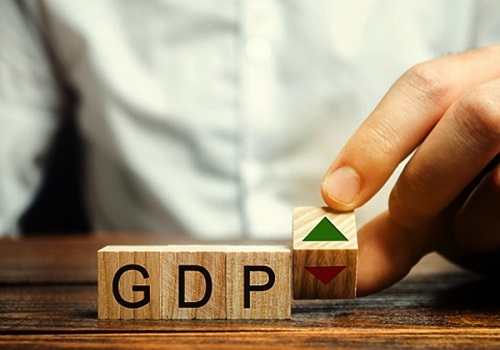
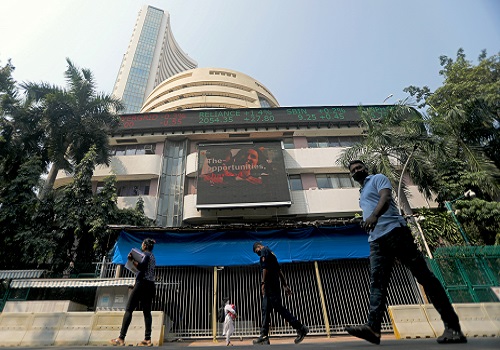
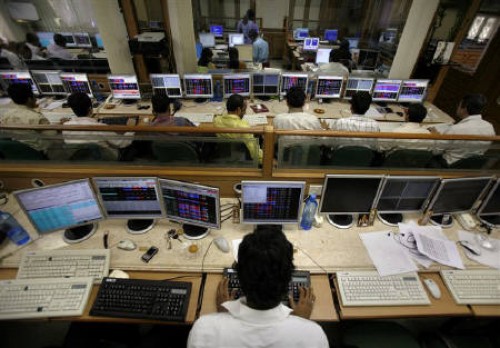
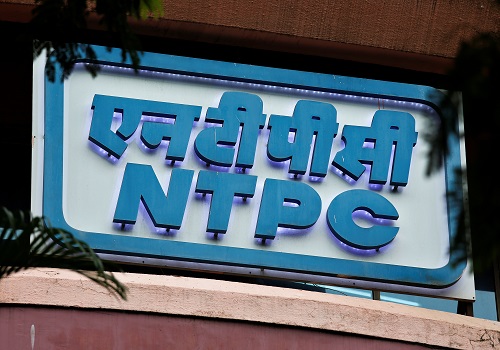


Tag News

Weekly Market Analysis : Markets strengthened recovery and gained nearly 2% in the passing w...



More News

The index witnessed a choppy session as the Nifty oscillated in a 120 points range - ICICI d...





 320-x-100_uti_gold.jpg" alt="Advertisement">
320-x-100_uti_gold.jpg" alt="Advertisement">

